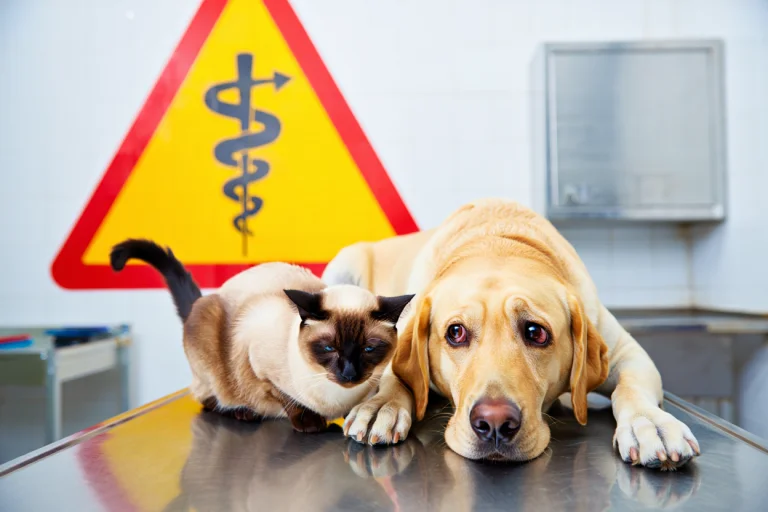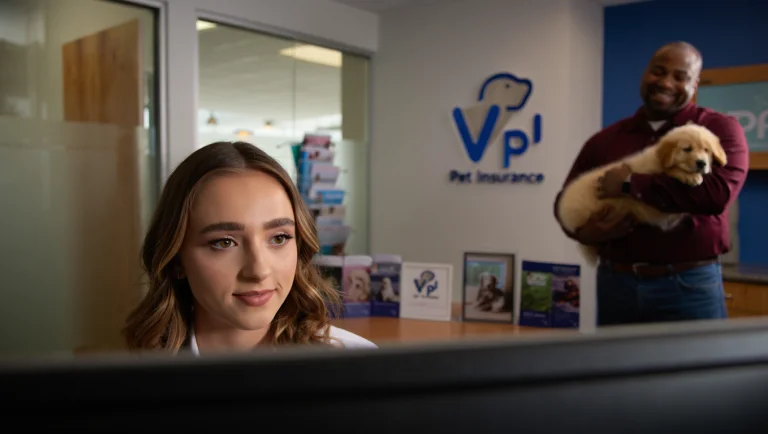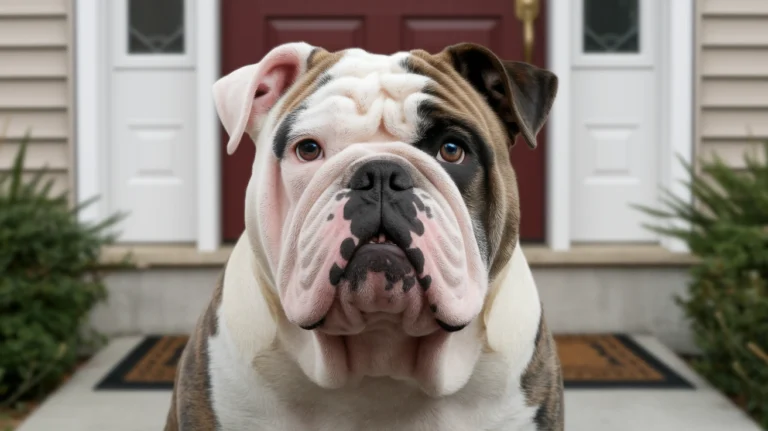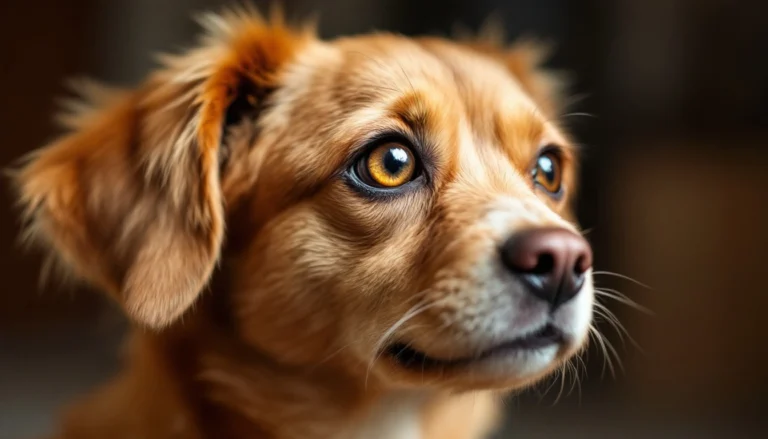Searching for an exotic pet vet near me? Discover 5 critical warning signs of unqualified exotic pet veterinarians and learn how to find the best specialized care for your unique companion.
Table of Contents
Finding the right veterinarian for your exotic pet can be the difference between exceptional care and potentially harmful treatment. Unlike traditional pet care for dogs and cats, exotic pet veterinary medicine requires specialized knowledge, equipment, and experience. When searching for an exotic pet vet near me, it’s crucial to recognize the warning signs that might indicate a veterinarian isn’t properly qualified to treat your unique companion.
Whether you own a bearded dragon, sugar glider, hedgehog, or bird, your exotic pet deserves a veterinarian who understands their specific needs. This comprehensive guide will walk you through five critical warning signs that should raise red flags when choosing an exotic pet vet, along with practical advice on how to avoid these pitfalls and find the best possible care for your exotic companion.
Why Specialized Care Matters for Exotic Pets
Before diving into the warning signs, it’s important to understand why specialized care is absolutely essential for exotic pets. Unlike cats and dogs, which have been the focus of veterinary medicine for centuries, exotic animals present unique challenges:
- Different anatomies and physiologies requiring specialized knowledge
- Species-specific diseases and health issues
- Varying nutritional requirements that differ drastically from traditional pets
- Unique medication dosing that can be fatal if miscalculated
- Specialized handling techniques to minimize stress during examinations
According to the Association of Exotic Mammal Veterinarians, less than 3% of all practicing veterinarians in the United States have specialized training in exotic animal medicine. This scarcity makes finding a qualified exotic pet vet near me all the more challenging—and all the more important to recognize when a veterinarian isn’t up to the task.
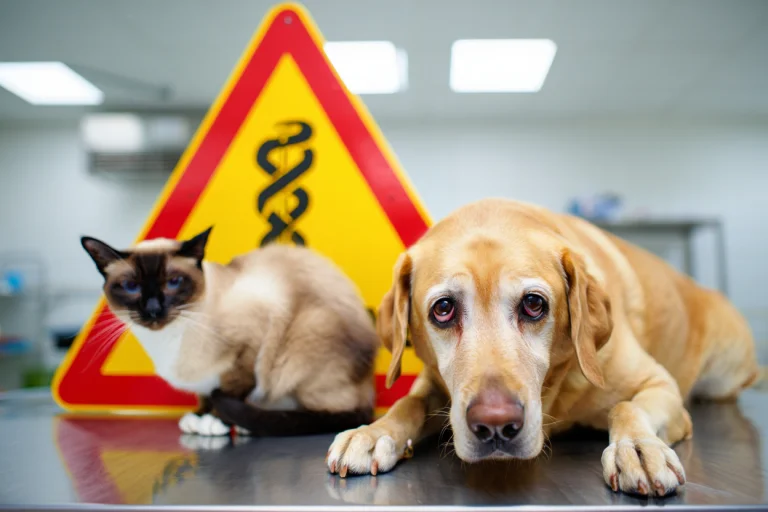
Warning Sign #1: Limited or No Experience with Your Specific Pet Species
The Danger of General Practitioners Treating Exotic Pets
One of the most concerning red flags when seeking an exotic pet vet near me is finding a veterinarian who claims they can treat your pet despite having minimal experience with that particular species. While many general practitioners might have good intentions, treating exotic pets without specialized knowledge can lead to serious consequences.
What to Look For:
- Hesitation or uncertainty when discussing your pet’s species
- Generic advice that could apply to any animal rather than species-specific guidance
- Limited questions about your pet’s specific behaviors, diet, or habitat
- No photos or evidence of treating similar exotic pets in their office or website
- Reluctance to discuss previous experience with your pet’s species
Real-World Impact:
A 2023 survey of exotic pet owners conducted by the Exotic Pet Veterinary Association found that 68% of exotic pet health complications resulted from initial misdiagnosis by veterinarians without specialized training. For example, respiratory infections in reptiles are often misdiagnosed by inexperienced vets because the symptoms present differently than in mammals.
How to Avoid This:
When calling a potential veterinary office, ask specific questions:
- “How many [your specific pet species] does the veterinarian typically see in a month?”
- “What specific training or continuing education has the veterinarian completed for [your pet species]?”
- “Can you share any success stories or cases involving [your pet species]?”
Don’t settle for vague responses. A qualified exotic pet veterinarian will be transparent about their experience levels and can provide specific examples of treatment protocols for your particular species.
Warning Sign #2: Outdated or Inadequate Equipment and Facilities
Why Specialized Equipment Matters
Exotic pets often require specialized diagnostic and treatment equipment that differs from what’s needed for cats and dogs. A practice advertising as an exotic pet vet near me should have invested in the proper tools to care for non-traditional pets.
What to Look For:
- Missing specialized equipment such as:
- Small-scale digital gram scales for precise medication dosing
- Appropriate-sized endoscopes for different species
- Specialized imaging equipment calibrated for small animals
- Species-appropriate anesthesia delivery systems
- Improvised solutions rather than proper equipment
- Outdated facilities not designed to accommodate exotic pets
- Inadequate hospitalization areas that don’t account for species-specific temperature and humidity needs
Critical Equipment Differences:
| Equipment Type | Standard Pet Setup | Exotic Pet Requirement |
| Scales | Measure in pounds | Digital gram scales for precise dosing |
| Blood analysis | Standard mammalian parameters | Species-specific reference ranges |
| Anesthesia | Dog/cat protocols | Species-appropriate systems and protocols |
| Imaging | Standard X-ray settings | Calibrated for small animal anatomy |
| Hospitalization | Standard kennels | Temperature/humidity-controlled habitats |
How to Avoid This:
Request a tour of the facility before scheduling an appointment. During your visit:
- Look for specialized equipment appropriate for your pet’s species
- Ask about how they monitor exotic pets during procedures
- Inquire about their hospitalization setup for your specific type of pet
- Request to see their exotic pet treatment area
A reputable exotic pet vet near me will be proud to show off their specialized equipment and facilities designed for exotic animal care.
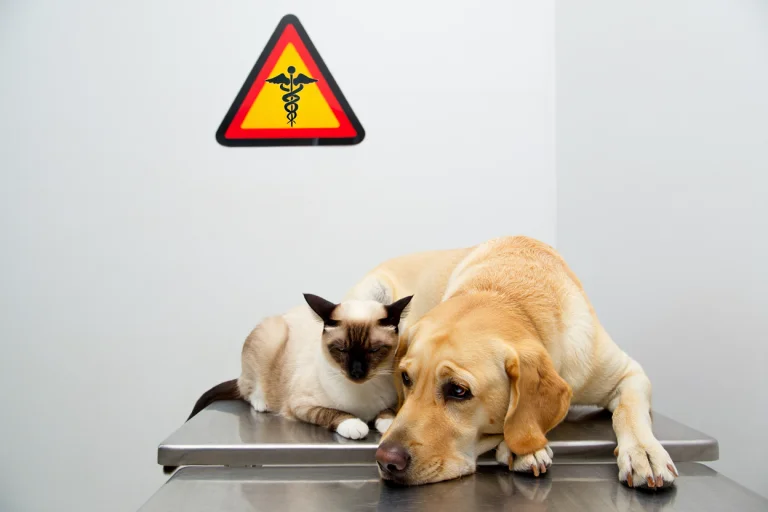
Warning Sign #3: Lack of Continuing Education in Exotic Pet Medicine
The Rapidly Evolving Field of Exotic Pet Care
Exotic animal medicine is a rapidly developing field, with new research and treatment protocols emerging regularly. Veterinarians who are serious about exotic pet care invest time and resources into staying current with the latest advancements.
What to Look For:
- No mention of continuing education specific to exotic pets
- Outdated treatment protocols that don’t align with current best practices
- Unfamiliarity with recent advancements in exotic animal medicine
- No membership in relevant exotic veterinary associations
- Inability to discuss current research related to your pet’s species
Important Professional Associations:
A qualified exotic pet veterinarian should have connections to organizations such as:
- Association of Reptilian and Amphibian Veterinarians (ARAV)
- Association of Exotic Mammal Veterinarians (AEMV)
- Association of Avian Veterinarians (AAV)
- International Association for Aquatic Animal Medicine (IAAAM)
How to Avoid This:
When researching an exotic pet vet near me, check their credentials:
- Review their website and social media for mentions of continuing education in exotic medicine
- Ask directly about their recent training specific to your pet’s species
- Inquire about professional memberships in exotic pet veterinary associations
- Look for certifications or additional qualifications in exotic animal medicine
According to the American Veterinary Medical Association, veterinarians should complete at least 20 hours of continuing education annually. For exotic pet specialists, a significant portion of these hours should be focused specifically on exotic animal medicine.
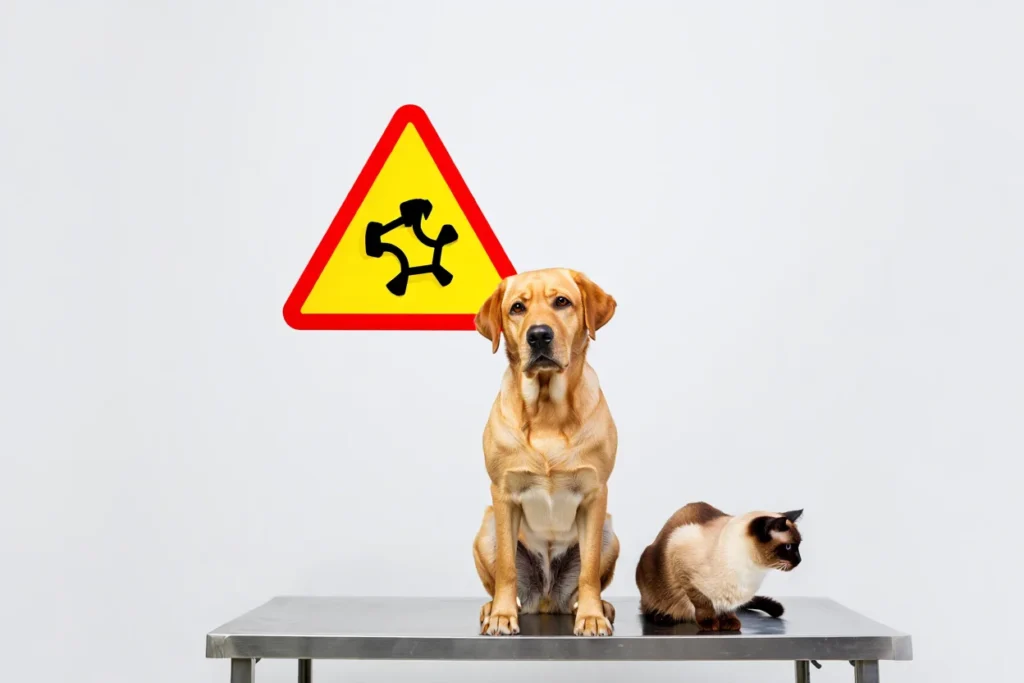
Warning Sign #4: Poor Communication or Dismissive Attitude About Exotic Pets
The Importance of Respect and Engagement
A concerning sign when searching for an exotic pet vet near me is encountering a veterinarian who dismisses the importance of your exotic pet or communicates poorly about their specific needs.
What to Look For:
- Dismissive language about your pet’s value compared to traditional pets
- Generalizing treatment approaches across different exotic species
- Reluctance to answer questions about your pet’s specific care
- Limited educational resources provided for at-home care
- Rushing through appointments without thorough examination
- Using terminology that suggests unfamiliarity with exotic species
Communication Red Flags:
Be wary of statements like:
- “It’s just a reptile, they don’t need that level of care.”
- “We can just treat it like we would a small dog.”
- “These animals don’t typically live long anyway.”
- “We don’t really need to know much about their natural habitat.”
How to Avoid This:
Schedule an initial consultation appointment specifically to discuss your pet and gauge the veterinarian’s communication style:
- Prepare specific questions about your pet’s care
- Observe how thoroughly they explain treatment options
- Notice whether they take time to educate you about proper husbandry
- Assess whether they seem genuinely interested in your pet’s wellbeing
A 2022 study in the Journal of Exotic Pet Medicine found that successful treatment outcomes were 40% higher when pet owners reported positive communication experiences with their exotic pet veterinarians.
Warning Sign #5: Inability to Provide Emergency Exotic Pet Care
Critical Care Capabilities
Emergencies happen, and when they do, you need an exotic pet vet near me who can provide immediate and appropriate care for your unique companion.
What to Look For:
- No after-hours emergency protocol for exotic pets
- Lack of essential emergency equipment scaled for exotic species
- Inability to describe emergency procedures for your specific pet
- No relationship with emergency facilities that handle exotic pets
- Unwillingness to provide emergency phone consultations for critical situations
Common Exotic Pet Emergencies:
| Pet Type | Common Emergencies | Required Emergency Capabilities |
| Reptiles | Egg binding, impaction, respiratory distress | Specialized imaging, reptile surgery setup |
| Birds | Trauma, toxin exposure, egg binding | Avian anesthesia, microsurgery tools |
| Small Mammals | GI stasis, dental issues, respiratory infection | Small mammal surgical equipment, specialized pain management |
| Amphibians | Skin infections, water quality issues | Specialized medication dosing, environmental support |
How to Avoid This:
Before committing to a veterinarian, inquire about their emergency capabilities:
- Ask about their after-hours emergency protocol specifically for exotic pets
- Inquire about their relationship with emergency facilities that can handle exotic animals
- Request information about common emergencies for your pet type and how they would handle them
- Confirm they have appropriate emergency equipment for your pet’s species
A truly qualified exotic pet vet near me will have established emergency protocols and either provide 24-hour care or have a solid relationship with an emergency facility that can appropriately treat exotic pets.
How to Find a Qualified Exotic Pet Veterinarian
Now that you understand the warning signs of an inadequate exotic pet veterinarian, here are proactive steps to find a qualified professional:
1. Check Specialized Credentials
Look for veterinarians with additional qualifications in exotic animal medicine:
- Board certification in Exotic Companion Mammal Practice
- Board certification in Avian Practice
- Board certification in Reptile and Amphibian Practice
- Advanced training certificates in exotic animal medicine
2. Seek Recommendations from Reliable Sources
- Exotic pet breeders and specialty stores
- Local exotic pet rescue organizations
- Online exotic pet communities and forums
- Zoological institutions that might know local exotic specialists
3. Conduct Thorough Research
- Review the veterinarian’s website for specific mention of your pet species
- Check online reviews specifically from other exotic pet owners
- Look for published articles or educational content created by the veterinarian
- Review their social media for evidence of exotic pet expertise
4. Schedule a Preliminary Visit
Many quality exotic pet veterinarians offer “meet and greet” appointments where you can:
- Tour their facility
- Discuss your pet’s specific needs
- Assess their knowledge and communication style
- Evaluate their comfort level with your particular species
5. Trust Your Instincts
If something feels off about a veterinarian’s approach to your exotic pet, continue your search. Your pet’s health is too important to compromise on quality care.
Recommended Pet Products on Amazon
While finding a quality veterinarian is essential, proper home care is equally important for exotic pet health. Here are some recommended products that can help maintain your exotic pet’s wellbeing:
Digital Gram Scale for Exotic Pets
Essential for monitoring your exotic pet’s weight and calculating precise medication dosages.
Species-Specific Temperature and Humidity Monitor
Maintains optimal environmental conditions for reptiles, amphibians, and other environment-sensitive exotic pets.
Professional Exotic Pet Transport Carrier
Designed with proper ventilation, temperature control, and stress-reduction features for safe transportation to veterinary appointments.
Exotic Pet First Aid Kit
Contains specialized tools and supplies specifically designed for emergency care of exotic species.
Frequently Asked Questions About Exotic Pet Veterinary Care
How much more should I expect to pay for an exotic pet veterinarian compared to a regular vet?
Exotic pet veterinary care typically costs 20-50% more than traditional pet care due to specialized training, equipment, and the complexity of cases. Initial consultations often range from $75-150, with specialized diagnostic procedures potentially costing significantly more. However, this additional cost reflects the specialized knowledge and equipment necessary for proper exotic pet care.
How far in advance should I schedule appointments with exotic pet specialists?
Due to the limited number of qualified exotic pet veterinarians, routine appointments should typically be scheduled 2-4 weeks in advance. However, many exotic pet specialists reserve same-day appointments for emergencies. When searching for an exotic pet vet near me, ask about their scheduling policies and emergency availability.
What credentials should I look for in an exotic pet veterinarian?
Ideally, look for board certification in exotic companion animal practice or specialized fields like avian or reptile medicine. At minimum, verify membership in professional organizations like the Association of Reptilian and Amphibian Veterinarians (ARAV) or the Association of Exotic Mammal Veterinarians (AEMV), which indicates ongoing education in exotic pet medicine.
How often should exotic pets see a veterinarian?
Most exotic pets should have wellness examinations at least annually, with some species requiring bi-annual visits. New exotic pets should be examined within the first week of acquisition to establish baseline health parameters and correct any husbandry issues. Regular preventative care from a qualified exotic pet vet near me is crucial for detecting health issues early.
What should I bring to my exotic pet’s first veterinary appointment?
Bring samples of your pet’s diet, habitat photos, details about temperature/humidity levels, a record of eating/elimination patterns, and any previous veterinary records. For reptiles, a fresh fecal sample is often valuable. This comprehensive information helps the veterinarian assess both your pet’s health and the appropriateness of their living conditions.
Your Role in Exotic Pet Healthcare
Finding a qualified exotic pet vet near me is only part of ensuring your exotic companion’s health. As an owner, you play a crucial role in your pet’s wellbeing:
- Learn to recognize normal behavior patterns for your specific species
- Maintain detailed records of your pet’s weight, eating habits, and elimination
- Create a species-appropriate habitat that mimics their natural environment
- Research proper nutrition specific to your exotic pet’s needs
- Develop a relationship with your exotic veterinarian before emergencies arise
By partnering with a qualified exotic pet veterinarian and taking an active role in your pet’s healthcare, you can ensure your unique companion lives a long, healthy life.
Conclusion: Your Exotic Pet Deserves Specialized Care
Finding a qualified exotic pet vet near me requires diligence, research, and attention to the warning signs we’ve outlined. Remember that your exotic pet has unique healthcare needs that can only be properly addressed by a veterinarian with specialized training, appropriate equipment, and genuine interest in exotic animal medicine.
By avoiding veterinarians who exhibit the five warning signs—limited species experience, inadequate equipment, lack of continuing education, poor communication, and insufficient emergency care capabilities—you’re taking a crucial step toward protecting your exotic pet’s health and wellbeing.
Take the time to find a truly qualified exotic animal veterinarian. Your extraordinary pet deserves nothing less than extraordinary care.
Have you experienced any of these warning signs with veterinarians? Share your experience in the comments below and help other exotic pet owners learn from your insights.
For more expert guides on exotic pet care, nutrition, and habitat setup, visit blithepet for comprehensive resources tailored to your unique companion.

